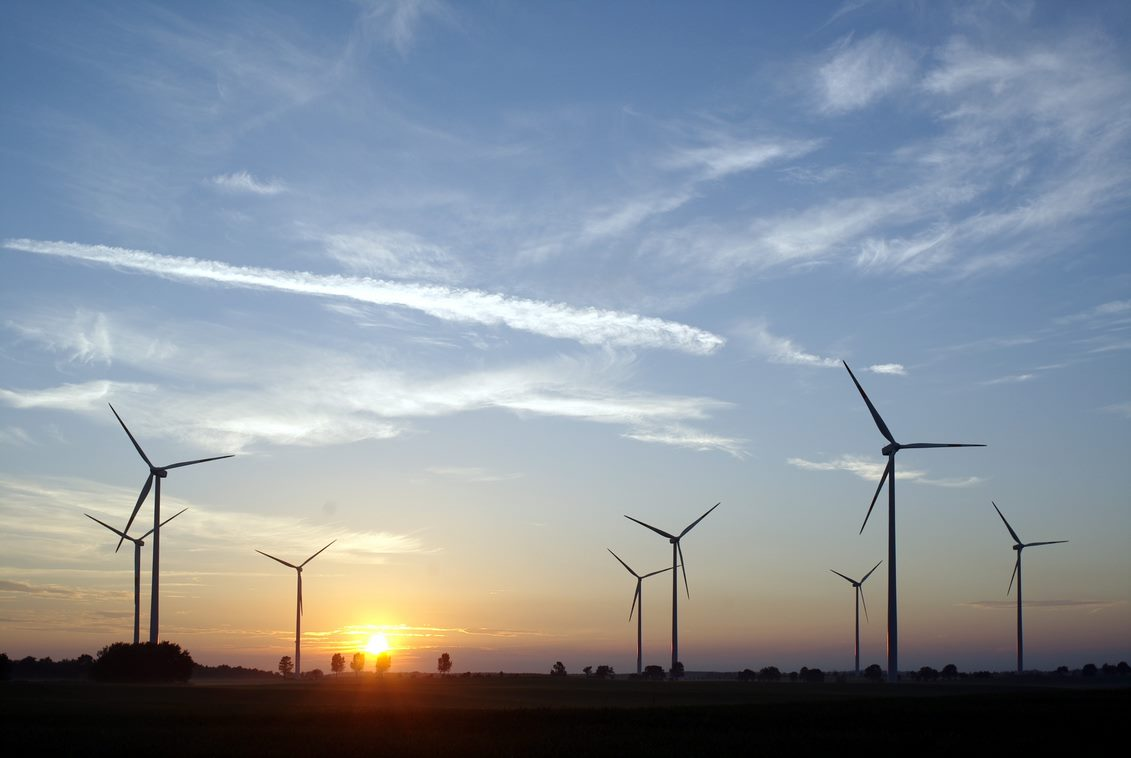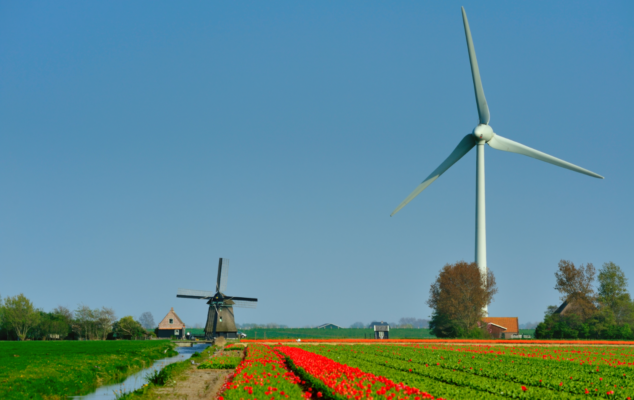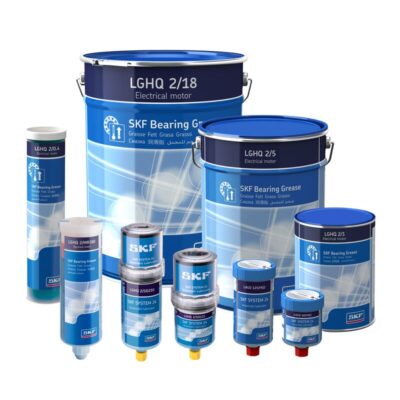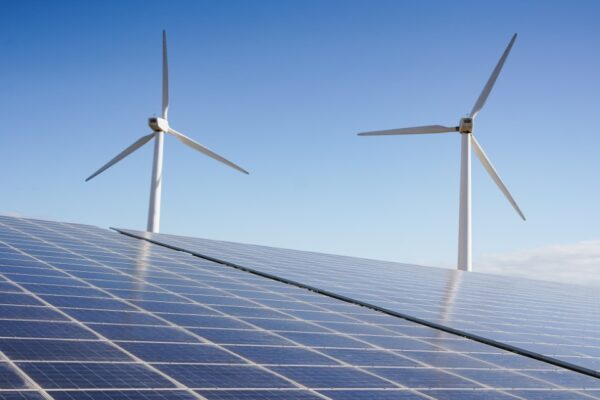Wind Farm Management Blog: Dr. Schmid, 2018 was a successful year for wind energy events, with the WindEurope Conference in Hamburg standing out as a particular highlight. Are exhibitions, conferences, and trade fairs likely to be a trend in 2019?
Dr. Philipp Schmid: Absolutely. Wind energy events are important platforms in the sector for sharing knowledge, promoting the latest developments, and beginning dialogues about key challenges. And there’s plenty in the pipeline for 2019. For me, the three standout events are: The Wind Europe Conference in Bilbao, Spain, AWEA WINDPOWER 2019 in Houston, Texas, and China Wind Power 2019 in Beijing. Of course, there are plenty of others that have a lot to offer and are worth a visit.
Wind Farm Management Blog: Will SKF be making an appearance at any events over the next year?
Dr. Philipp Schmid: Certainly. We have always seen events as a great way of meeting new people, establishing partnerships, and understanding our customers’ pain points. We’ve got a busy schedule for 2019. My colleague, Raf Kerkhofs, will be talking about the new maintenance concept of contracts based on performance criteria, at Wind O&M EU 2019. I believe that this is a trend that will really take off in the coming years because companies need to boost productivity to remain competitive. SKF will also be appearing at the WindEurope Conference in Bilbao where Raimond Breuker will speak about creating a circular economy in wind energy with bearing and lubrication system remanufacturing.
Two more of my colleagues, Martin Göbel and David Vaes, also have presentations lined up. Martin will analyze the implications of advanced testing at the SKF test center for large size bearings and how sensorized roller bores enhance product development. David will appear alongside Dr. Jonathan Keller from NREL. Together, they will provide an in-depth look at an investigation of roller sliding in wind turbine gearbox highspeed bearings. Both presentations will take place at CWD 2019. There are still tickets available for all of these events, and I would encourage anyone working in wind energy to come along and gain key insights into the latest innovations and emerging trends.
Wind Farm Management Blog: It seems like exchanging knowledge and ideas within the wind energy community is prominent topic. Are there any other ways that professionals can do this outside of events?
Dr. Philipp Schmid: Taking discussions into a digital environment is going to be hugely important in the wind energy sector. We all need to work together to overcome challenges and identify new opportunities. LinkedIn and other platforms are a powerful tool for reaching a wider audience and building a global network. This enables professionals to share knowledge, solve problems, and be active members of the wind energy community. I encourage everyone involved in the sector to be active online. By working together and understanding each other’s pain points, we can really make a push to establish wind energy as the leading source of green electricity. Because of this, I see knowledge sharing and networking continuing as a major trend.
Wind Farm Management Blog: Earlier, you mentioned maintenance contracts based on performance criteria. Could you explain what these are?
Dr. Philipp Schmid: This is a new business model for wind turbine maintenance. Rather than operators booking maintenance themselves and managing their own inventory, a service partner shares the responsibility for wind turbines. Instead of drawing up an agreement based on a pre-set amount of equipment, time, and services, contracts based on performance criteria set targets for uptime and reliability. This basically means that a service company will provide everything that is required to achieve the desired performance target. This establishes strong partnerships and should boost wind turbine reliability in the long term. SKF is venturing into this market with the SKF Rotation For Life concept.
Wind Farm Management Blog: Is there anything else that you think will have an impact on the wind power sector over the coming year?
Dr. Philipp Schmid: A big one for me is the circular economy. This is where companies reuse finite resources rather than manufacturing new components when they reach the end of their service life. This is done by remanufacturing damaged bearings, lubrication systems, and other components. Not only does this process reduce environmental impact, it is also significantly more cost-effective and quicker. Remanufacturing isn’t established yet in wind energy, but it could hold the key to reducing the levelized cost of energy (LCOE) in years to come. There’s still progress to be made, but I see the circular economy really gathering speed.
About the author
Dr. Philipp Schmid is a Global Marketing Manager for Metals and Wind Energy at SKF. He specializes in exchanging knowledge and networking with wind energy professionals in an online environment. Find out more by visiting his profile.



